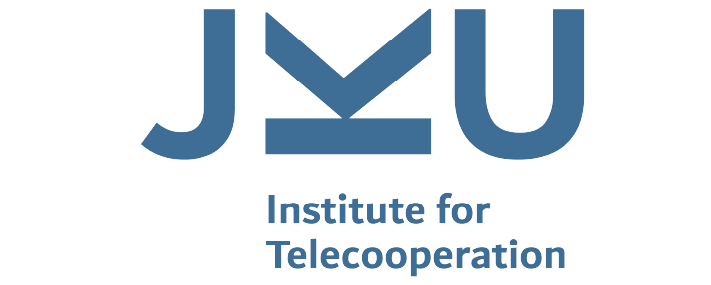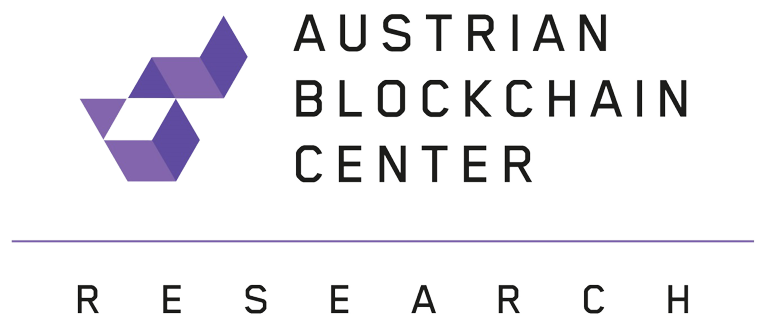Keynote 1:
Responsible AI

Ricardo Baeza-Yates
Institute for Experiential AI @ Northeastern University
Abstract:
In the first part we cover five current specific problems that motivate the needs of responsible AI: (1) discrimination (e.g., facial recognition, justice, sharing economy, language models); (2) phrenology (e.g., biometric based predictions); (3) unfair digital commerce (e.g., exposure and popularity bias); (4) stupid models (e.g., minimal adversarial AI) and (5) indiscriminate use of computing resources (e.g., large language models). These examples do have a personal bias but set the context for the second part where we address four challenges: (1) too many principles (e.g., principles vs. techniques), (2) cultural differences; (3) regulation and (4) our cognitive biases. We finish discussing what we can do to address these challenges in the near future to be able to develop responsible AI.
Bio:
Ricardo Baeza-Yates is Director of Research at the Institute for Experiential AI of Northeastern University. Before, he was VP of Research at Yahoo Labs, based in Barcelona, Spain, and later in Sunnyvale, California, from 2006 to 2016. He is co-author of the best-seller Modern Information Retrieval textbook published by Addison-Wesley in 1999 and 2011 (2nd ed), that won the ASIST 2012 Book of the Year award. From 2002 to 2004 he was elected to the Board of Governors of the IEEE Computer Society and between 2012 and 2016 was elected for the ACM Council. In 2009 he was named ACM Fellow and in 2011 IEEE Fellow, among other awards and distinctions. He obtained a Ph.D. in CS from the University of Waterloo, Canada, in 1989, and his areas of expertise are web search and data mining, information retrieval, bias on AI, data science and algorithms in general.
Keynote 2:
Following the rules: From Policies to Norms

Sabrina Kirrane
Institute for Information Systems and New Media @ Vienna University of Economics and Business
Abstract:
Since its inception, the world wide web has evolved from a medium for information dissemination, to a general information and communication technology that supports economic and societal interaction and collaboration across the globe. Existing web-based applications range from e-commerce and e-government services, to various media and social networking platforms, many of whom incorporate software agents, such as bots and digital assistants. However, the original semantic web vision, whereby machine readable web data could be automatically actioned upon by intelligent software web agents, has yet to be realised. In this talk, we will show how rules, in the form of policies and norms, can be used to specify a variety of data usage constraints (access policies, licenses, privacy preferences, regulatory constraints), in a manner that supports automated enforcement or compliance checking. Additionally, we discuss how, when taken together, policies, preferences, and norms can be used to afford humans more control and transparency with respect to individual and collaborating agents. Finally, we will highlight several open challenges and opportunities.
Bio:
Dr. Sabrina Kirrane is an assistant professor at the Vienna University of Economics and Business Institute for Information Systems and New Media. In addition, she is the Vice President of the Semantic Technology Institute International and the Founding Director of the Sustainable Computing Lab. She is also a member of the Vienna University of Economics and Business Research Institute for Cryptoeconomics. Dr. Kirrane was the Scientific/Technical Co-ordinator of the SPECIAL H2020 project from 2017 to 2019.
Sabrina co-founded the Society, Privacy and the Semantic Web - Policy and Technology (PrivOn) workshop, which was co-located with the International Semantic Web Conference between 2013 and 2017. She is on the editorial board of the Journal of Web Semantics and the Semantic Web Journal. Over the years, she has also been on the organising committee of the International Semantic Web Conference (ISWC), the Extended Semantic Web Conference (ESWC), and the International Conference on Semantic Systems (Semantics).
Her research primarily focuses on Security and Privacy aspects of the Semantic Web, Linked Data, Next Generation Internet (NGI), Big Data and Data Science, with a particular focus on policy representation and reasoning (e.g., access constraints, usage policies, regulatory obligations, societal norms, business processes), distributed data and decentralised applications, and trust and transparency mechanisms.
Keynote 3:
Big Data Integration

Philippe Cudre-Mauroux
The eXascale Infolab at the University of Fribourg in Switzerland
Abstract:
Until recently, structured (e.g., relational) and unstructured (e.g., textual) data were managed very differently: Structured data was queried declaratively using languages such as SQL, while unstructured data was searched using boolean queries over inverted indices. Today, we witness the rapid emergence of Big Data Integration techniques leveraging knowledge graphs to bridge the gap between different types of contents and integrate both unstructured and structured information more effectively. I will start this talk by giving a few examples of Big Data Integration. I will then delve into modern data integration techniques leveraging neuro-symbolic architectures, before describing two recent systems built in my lab: ZenCrowd, a socio-technical platform that automatically connects Web documents to semi-structured entities in a knowledge graph, and Guider, a Big Data Integration system for the cloud.
Bio:
Philippe Cudre-Mauroux is a Full Professor and the Director of the eXascale Infolab at the University of Fribourg in Switzerland. He received his Ph.D. from the Swiss Federal Institute of Technology EPFL, where he won both the Doctorate Award and the EPFL Press Mention in 2007. Before joining the University of Fribourg, he worked on information management infrastructures at IBM Watson (NY), Microsoft Research Asia and Silicon Valley, and MIT. He recently won the Verisign Internet Infrastructures Award, a Swiss National Center in Research award, a Google Faculty Research Award, as well as a 2 million Euro grant from the European Research Council. His research interests are in next-generation, Big Data management infrastructures for non-relational data and AI. Webpage:
http://exascale.info/phil









